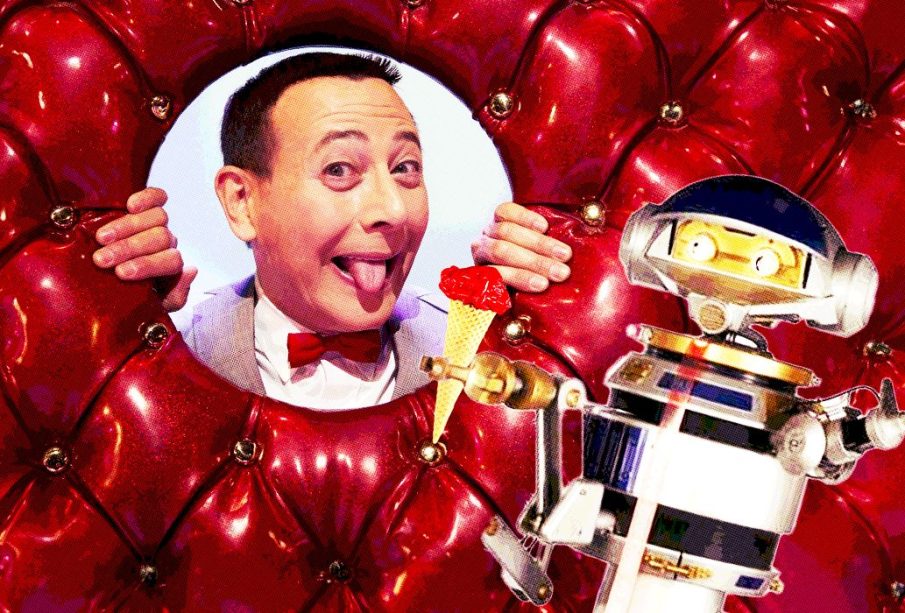Remembering Paul Reubens: His Influence on Comedy

Introduction
Paul Reubens, an iconic figure in entertainment, has left an indelible mark on the landscape of comedy and childhood imagination. Best known for his quirky character Pee-wee Herman, Reubens’ influence extends beyond mere laughter; he shaped a generation’s view of what absurdity and joy could be in performance art. With both critical acclaim and a loyal fanbase, his artistry is particularly relevant in today’s media landscape, which continues to explore the complexities of humor and its impact.
Life and Career
Born on August 27, 1952, in Peekskill, New York, Reubens began to hone his craft in the theater and comedy scenes of Los Angeles during the 1970s. His pioneer role as Pee-wee Herman debuted in 1980 in stage performances, evolving into the groundbreaking “Pee-wee’s Playhouse” television series, which aired from 1986 to 1990. The show won 15 Emmy Awards and became a cult classic, celebrated for its surreal humor and innovative set design.
Reubens’ success with Pee-wee Herman transcended television, leading to the beloved film “Pee-wee’s Big Adventure” directed by Tim Burton. The film’s unique blend of comedy, fantasy, and dark undertones showcased Reubens’ willingness to take creative risks, making it a significant part of American pop culture. Reubens continued to work in film and television throughout the 1990s and 2000s, showcasing his versatility in various roles across different genres, including dramatic performances in projects like “Batman Returns” and various guest roles on acclaimed shows.
Legacy and Impact
Reubens’ impact on the entertainment industry and the art of comedy is profound. His creation of Pee-wee Hermann was not only a character but a cultural phenomenon that explored themes of identity and belonging. The character’s whimsy encouraged audiences to connect with their inner child, a theme that continues to resonate in entertainment today.
Even after facing personal challenges, including legal issues in the early 2000s, Reubens rebounded professionally, often indicating a complex relationship with fame and artistic expression. His relentless creativity and undeniable talent earned him respect from peers, contemporaries, and the newer generations of comedians who cite him as an influence.
Conclusion
As we remember Paul Reubens, it’s essential to acknowledge the ways he has transformed the landscape of comedy and performance art. His unique style and the ability to push boundaries have inspired countless artists in the industry. Paul Reubens’ legacy is one of laughter, creativity, and the celebration of the absurd. His passing marks the end of an era, yet his work will continue to inspire future generations, reminding us all of the magic that laughter can bring into our lives.





